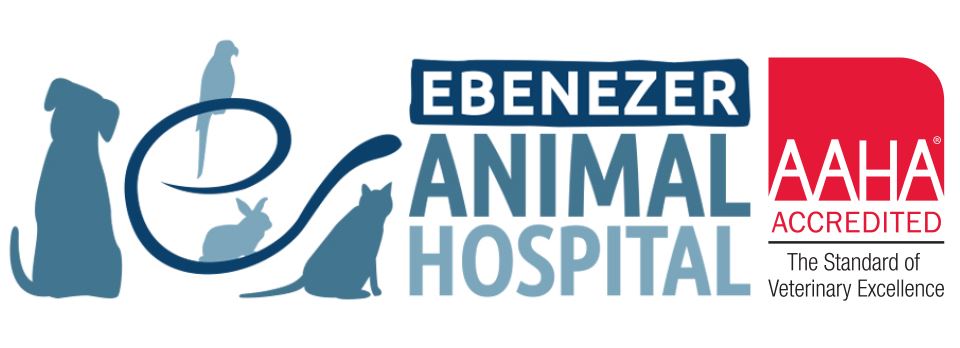Why does your pet need a yearly exam? This is a frequent question our clients ask. It’s a great question because it highlights an important discussion about your pet’s care and health.
A yearly examination is a way for your veterinarian to evaluate your pet’s health through a combination of a physical examination, various diagnostic tests, and a history provided by you at the time of the the appointment or over the phone when you are making the appointment. Let’s take a look at each of these areas one by one:
-Physical exam: This is the foundation of your visit. Your veterinarian has been trained to closely evaluate subtle changes and issues that your pet may be experiencing. During this exam, your veterinarian will assess important body systems which include the eyes, ears, teeth, gums, heart, lungs, skin, fur, and joints. They will palpate parts of the body to determine if masses are present, if organs are enlarged, the presence of fluid, and lymph node size assessment. This crucial part of a yearly examination cannot be understated.
-Diagnostic tests: The tests that we feel are an integral part of a yearly examination include an intestinal parasite evaluation and yearly bloodwork. Even if your pet takes a monthly preventative, intestinal parasites can still fly under the radar due to non-compliance (e.g., your pet may spit up his or her heartworm prevention), a large burden of parasites, or organisms that are not covered with prevention. Bloodwork helps your veterinarian evaluate internal organs like the liver and kidneys, white and red blood cells, and a few extra values such as the urine and thryroid hormone values in our senior pets above the age of 8. All dogs will also be tested for heartworm disease. Why check a dog for heartworm when he or she is already on prevention? Like we mentioned earlier, a dog may periodically look like they swallowed a pill only to be hiding it in a compartment in their mouth and spitting it up later. Other reasons include heartworm resistance (rare, but possible), a lapse in monthly administration (life happens!), and lack of response to certain drugs due to genetic components. It is important to note that many times perfectly normal looking dogs and cats can have abnormal bloodwork. Your veterinarian will report the results of these tests in a timely manner and formulate a diagnostic plan to address any problems he or she thinks may be compromising your pet’s health.
-History: The history of your pet’s health is a very important component of our yearly physical examination. When giving us a history, consider the following questions:
>Any changes in attitude? Behavior? Is your pet lethargic?
>Any increases or decreases in eating or drinking behavior?
>Any increases or decreases in eliminations?
>Have you had any lapses in parasite prevention administration?
>Does your pet stay inside or outside primarily? Or both?
>Have you seen any parasites in the stool or on the skin?
>Do you think your pet has lost weight?
These are just a few suggestions. Consider making a list of questions or observations you’ve made about your pet a month or two prior to your yearly examination. Your veterinarian can pick up on trends in the history to help determine if a problem is present and needs to be addressed.
At your pet’s yearly examination, we will formulate a plan with you to chart the next year for your pet and his or her care. In many of our senior pets, some of these decisions will be made in the coming days after the yearly bloodwork is reported back to the hospital. Rest assured, we are sensitive to the fact that not every plan is a perfect match for every pet. We will work with you to ensure that our recommendations are realistic and suited for you and your pet.
Our pet dogs and cats age much more quickly than we do. Because of this, it cannot be overstated that a yearly examination is the staple of a pet’s healthcare. Both dogs and cats (especially cats) tend to hide problems from their owners. By working with your veterinarian, we can provide your pet a great quality of life and give you peace of mind that you are providing exceptional care for your special family member!
What's Next
Call us or schedule an appointment online!
Meet with a doctor for an initial exam.
Put a plan together for your pet.


